Why Orthopedic Residency? Here’s What the Govt & Private Hospitals Offer

Why Orthopedic Residency? Here’s What the Govt & Private Hospitals Offer For each aspiring MBBS graduate who wants to become an orthopedic surgeon, orthopedics residency is not only a career decision but a calling. It’s the field where surgical precision meets together with physical transformation. Bones get broken, joints get worn out, accidents occur—and orthopedic […]
9 Must Know Rules of Residency by Dr. Apurv Mehra

9 Must Know Rules of Residency by Dr. Apurv Mehra Residency is a life-changing period in the life of every doctor, an exciting journey that shapes your professional skills, personal development, and long-term career goals. Here are the 9 rules that can guide residents through this difficult but rewarding period effectively. Steps to Success in […]
How to Get into Orthopedic Research? A Complete Guide
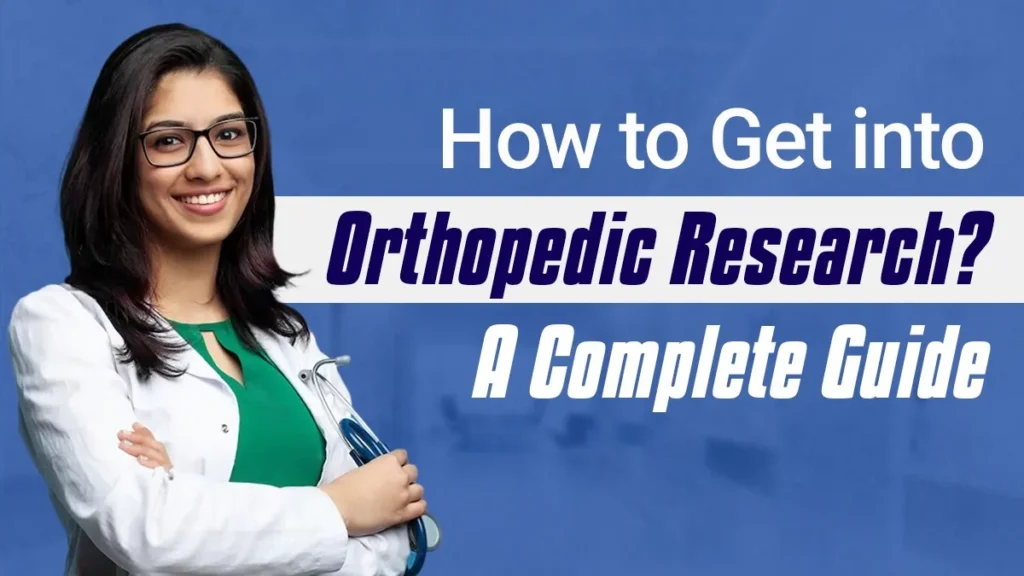
How to Get into Orthopedic Research? A Complete Guide Are you an orthopedic surgery resident or part of an orthopedic residency program and would like to make a difference through research? Writing and publishing impactful research is a meaningful way to contribute to medical science, enhance your expertise, and add an impressive credential to your […]
Global Orthopedic Surgery: Excellence Tomorrow’s Residents Complete Guide
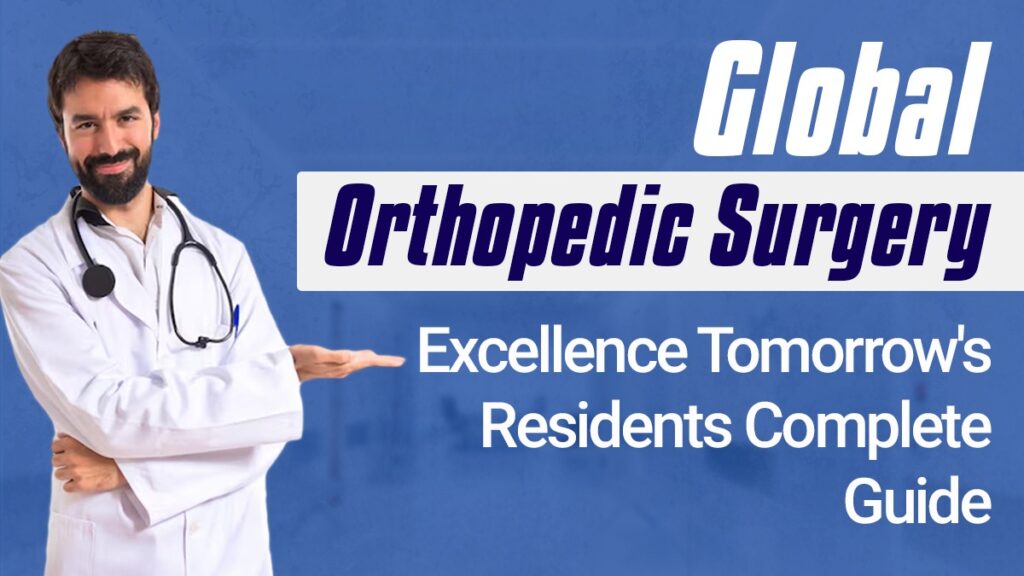
Global Orthopedic Surgery: Excellence Tomorrow’s Residents Complete Guide The landscape of change in orthopedic surgery has been quite daunting; it poses both a threat and an opportunity for today’s orthopedic surgical residents. As healthcare seems to become more international so is the standardizing needs for training. Orthopedic Surgery Programs Emerged into World View Modern orthopedics […]
Orthopedic Subspecialties: Finding Your Niche

Orthopedic Subspecialties: Finding Your Niche Residents of Orthopedics typically find themselves in the difficult position of determining which orthopedic subspecialty to specialize in during their orthopedic surgery residency. As such, a specialty choice, as applicable, is a very influential determinant of what one’s future orthopedic practice will look like for an orthopedics resident. The following […]
The Role of Technology in Modern Orthopedics: A Resident’s Perspective
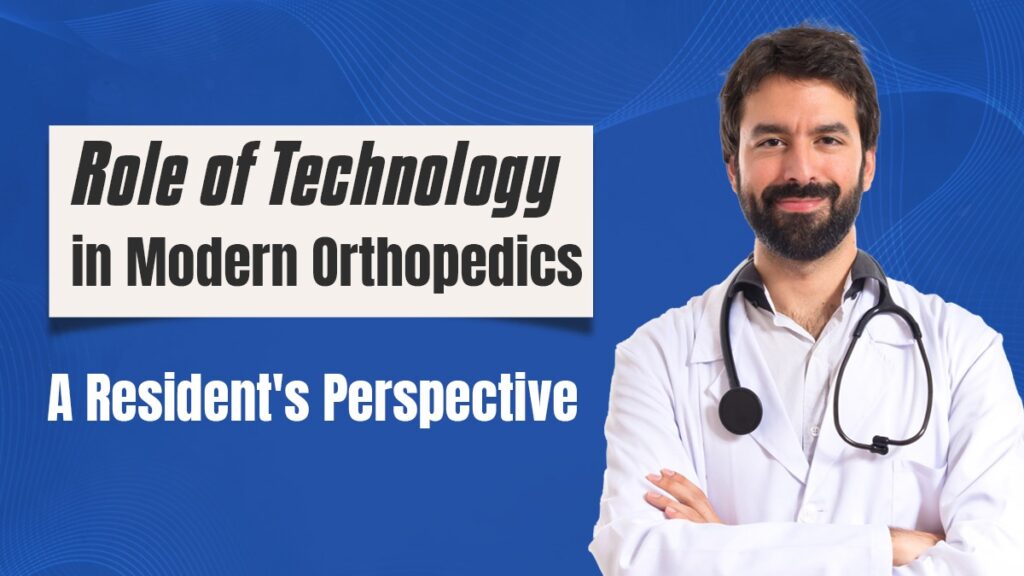
The Role of Technology in Modern Orthopedics: A Resident’s Perspective Technology has basically transformed the medical field, and is, at present, doing the same with orthopedic surgery. Advanced robotic surgery techniques as well as the use of artificial intelligence (AI) are transforming both residency education and orthopedic practice. Transforming Orthopedic Surgery with Robotics and AI […]
CORE to C.O.R.A. Course: The Future of Orthopedic Surgery with Robotics
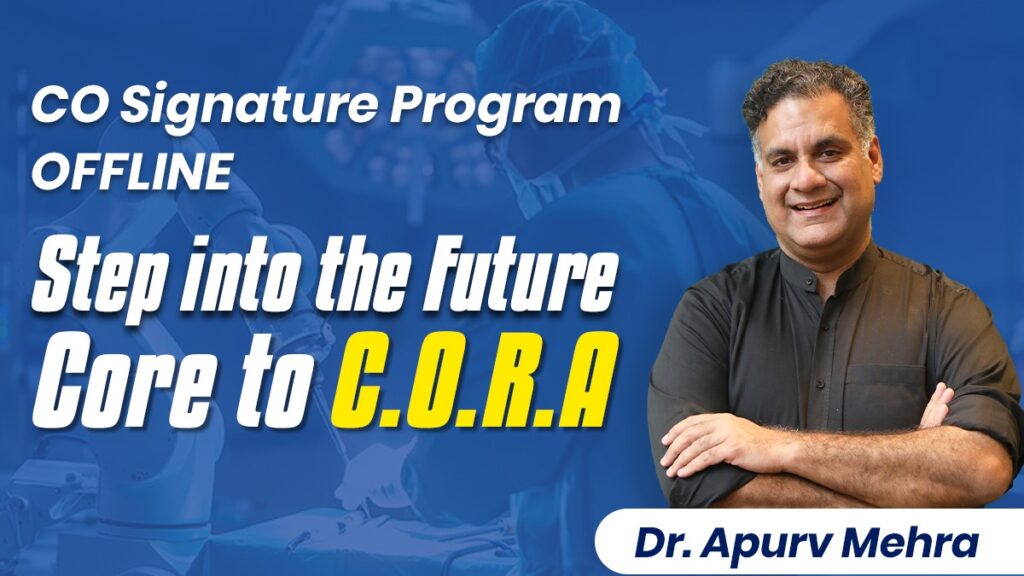
CORE to C.O.R.A. Course: The Future of Orthopedic Surgery with Robotics Orthopedics is a revolving field, and to stay ahead one must keep updating their knowledge and skills. The CORE to C.O.R.A course of Conceptual Orthopedics is designed to bridge the orthopedic residents and surgeons to the future of orthopedics by ensuring the integration of […]
Exploring the Vast Scope After Orthopedics Residency: Your Path to Success
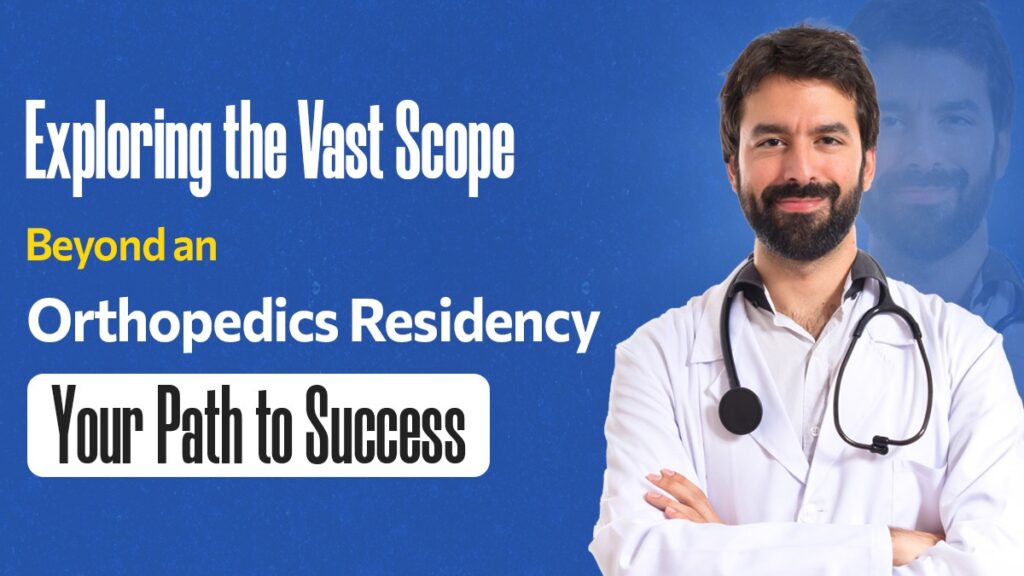
Exploring the Vast Scope After Orthopedics Residency: Your Path to Success How many of you will be completing your MS Orthopedics soon or are planning a career in MS Orthopedics? The vast spectrum of orthopedics makes it possible for potential medical professionals. This all-inclusive guide will provide readers with the different options open up to […]
5 Reasons to Pursue Orthopedics Residency & How Conceptual Orthopedics Can Help You
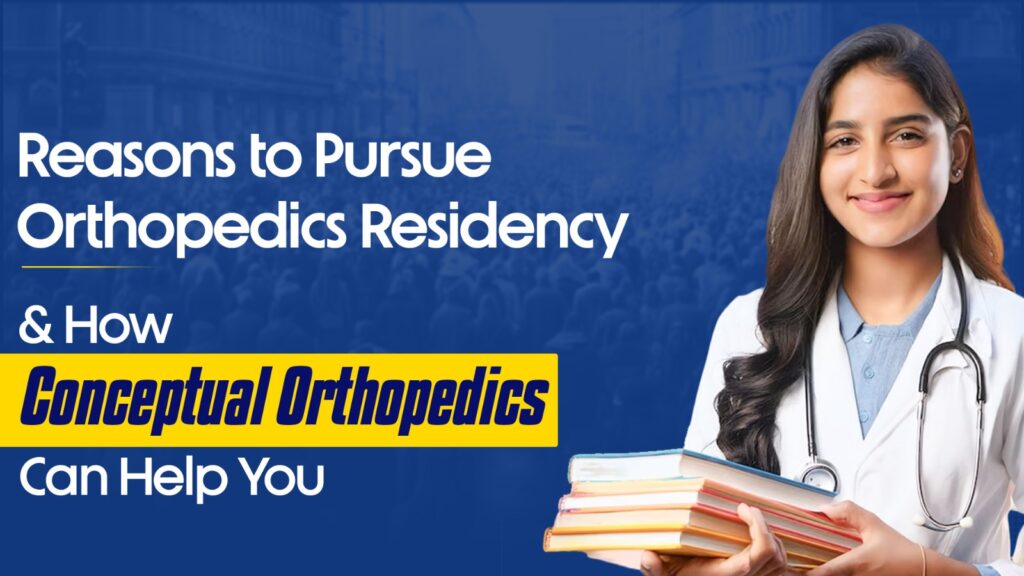
5 Reasons to Pursue Orthopedics Residency & How Conceptual Orthopedics Can Help You Are you considering the prospect of becoming an orthopedics surgeon? Specialization is the next barrier that typically decides the fate of most medical residents. In this blog post, we discuss five strong reasons to pursue orthopedics surgery residency followed by the same concept […]
Are you excited about the First Ever DNB OSCE Offline Course from September 17th to 19th?
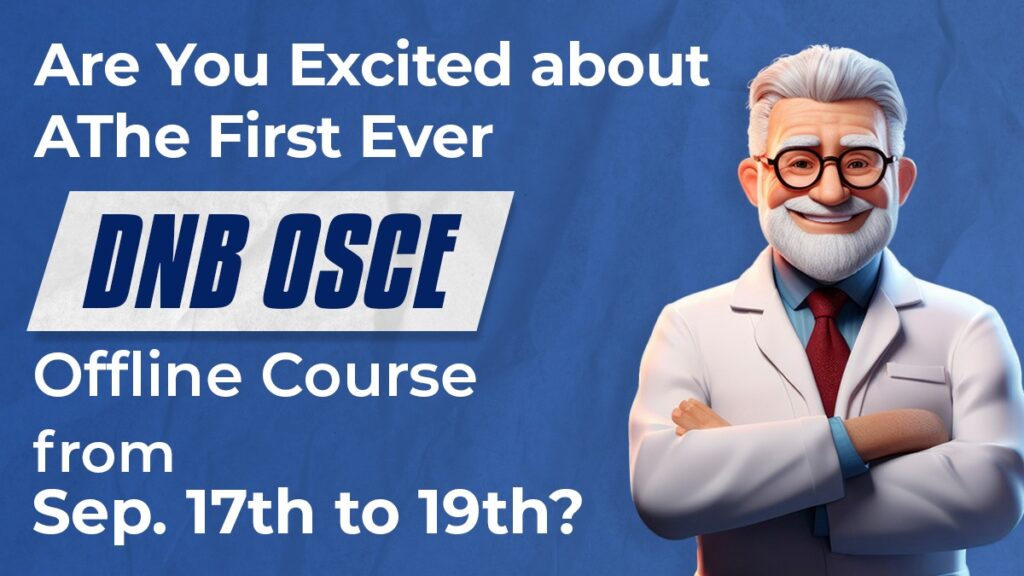
Are you excited about the First Ever DNB OSCE Offline Course from September 17th to 19th? Are you preparing for DNB OSCE? We are bringing the first ever in the history of Conceptual Orthopedics 3-days intensive offline DNB OSCE course, specifically designed for DNB students who need to excel in their practical exams. This is […]
